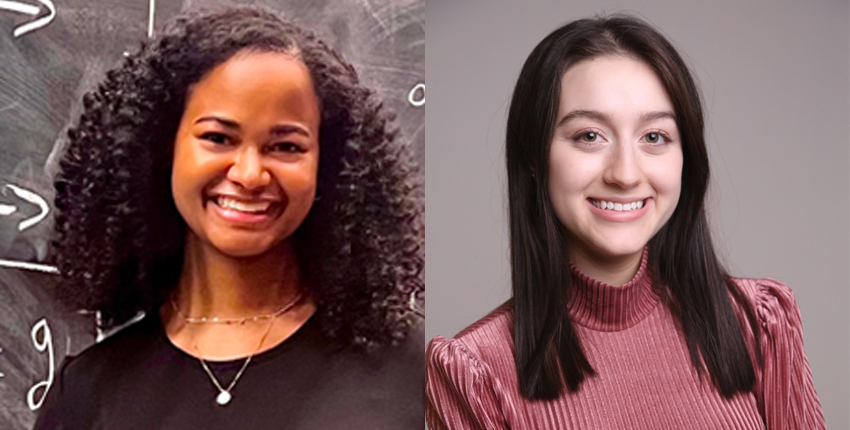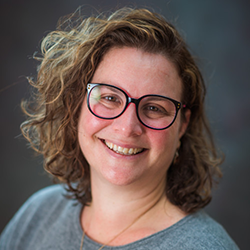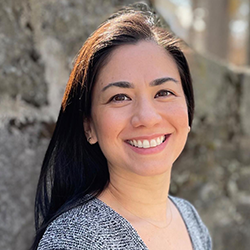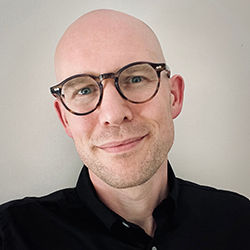
DBMI has taken a bold step towards fostering diversity by awarding the first INDECS (Inclusive, Diverse, and Equitable Communities Success) Scholarship to two aspiring women in the biomedical sciences, Kyla Gabriel and Sofía Rojas. The INDECS Scholarship covers full tuition and mandatory fees for the Master of Biomedical Informatics program at Harvard Medical School.
“With this scholarship, we can help train the next generation of leaders in biomedical informatics that understand there is a lot of work to be done to get closer to achieving equity in those who are contributing to or benefiting from biomedical informatics,” says Lilen Uchima, PhD, Director of Education and DEI Programs for the Department of Biomedical Informatics at Harvard Medical School.
Kyla Gabriel: Trailblazing Healthcare Access for Underserved Populations
Kyla Gabriel has a clear vision: to harness technology to bridge health access gaps. The foundations of her vision were laid at the University of Alabama at Birmingham (UAB), where a client at UAB Hospital needed to identify the location of certain blood vessels in patients. The location of blood vessels can vary from patient to patient, and hitting an artery can be dangerous. “We designed a software program where you can hook up a virtual reality headset and basically see the blood vessels on a patient” without having to cut into the patient, says Kyla. The project, which she calls “J.A.R.V.I.S.,” not only helped her apply her biomedical engineering training, but also served as a lens to see disparities in access to life-saving technologies. “Anytime there’s a large case, they’re coming to Birmingham,” which is a Level I Trauma Center and one of the biggest cities in Alabama. “Any technology is going to be there.” But, Kyla continues, “Some of these technologies aren’t reaching many people.” While J.A.R.V.I.S. remains under development, she’s working with UAB staff to see how they can make it accessible to underserved populations, particularly people in rural areas. “They should be able to access these technologies,” says Kyla, who also highlights a need to train physicians and other healthcare personnel on new technologies.
Some of these technologies aren’t reaching many people. They should be able to access these technologies.
Not one of my female classmates even considered a career in STEM....Who can I talk to about robotics? Or who can I talk to about science?
Apply
DBMI will be accepting applications for the Master of Medical Sciences in Biomedical Informatics through January 10, 2024. Please visit the INDECS Scholarship website to learn more about the scholarship’s eligibility and application process.


